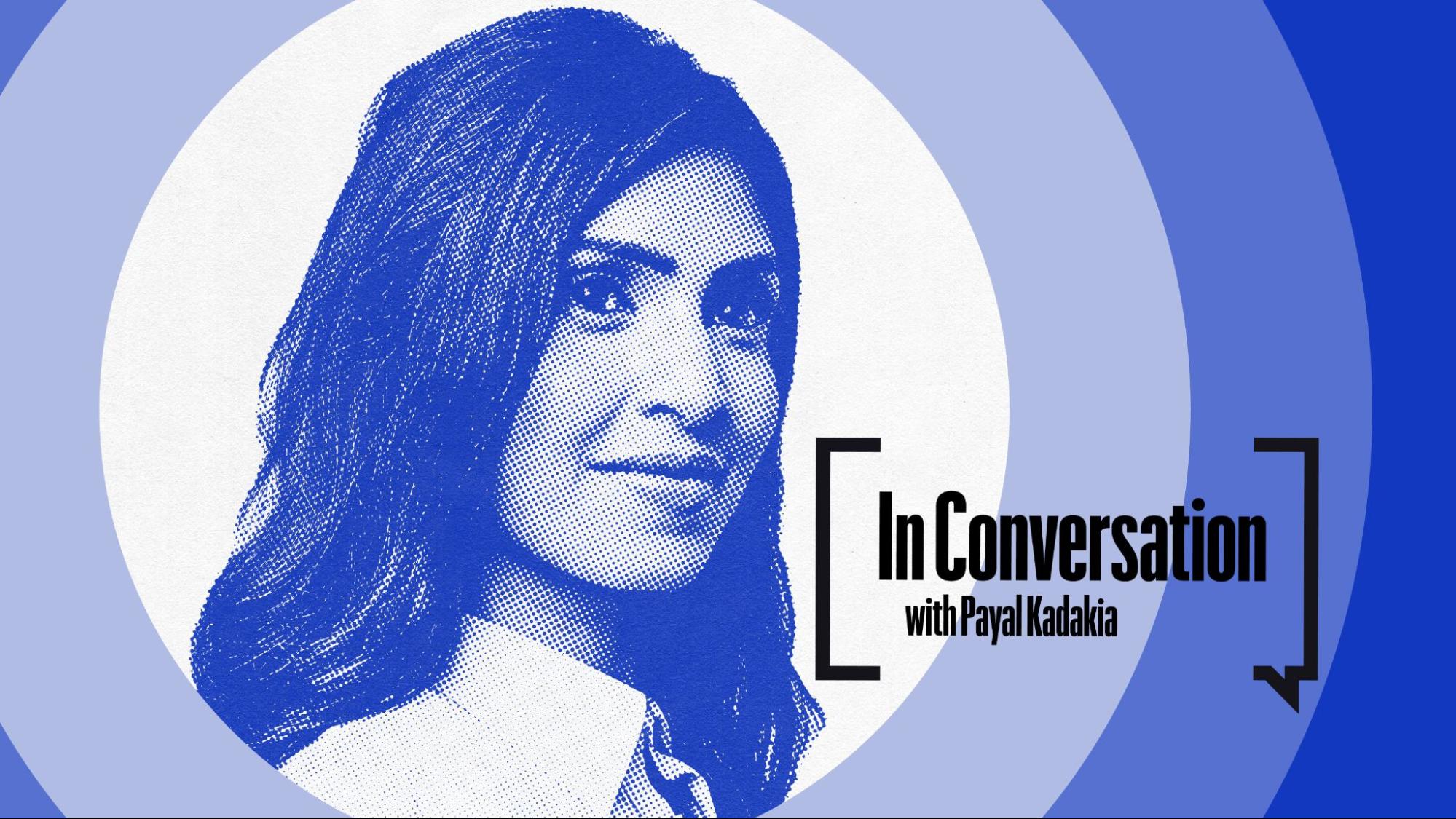The most rosy lives in corporate America begin most often with these two steps. 1) Great school. 2) Great job. Payal Kadakia had them both.
Indeed, if graduating from MIT were not enough, a starter gig as an analyst for Bain & Company had Kadakia on the path to a CV that was the stuff of her peers’ dreams. And yet, somewhere soon, she decided it was not for her.
From her home in Los Angeles, the founder and executive chairman ofClassPass—the fitness subscription servicejust acquiredin a major piece of news—outlines how to artfully pull off quitting a steady job to pursue your own thing, what to do when a pandemic wipes out nearly every penny of your company’s revenue, and why businesses need to exhibit the sentiments of its people in order to succeed on the highest level. “When I was younger, everyone always was like, ‘You shouldn't be emotional in business. You can't have empathy,’” Kadakia says. “But at the end of the day, the best brands are the ones that understand, emotionally, what's going on.”
(This interview has been edited and condensed for clarity.)
ClassPass was affected in about as extreme a way as possible by COVID-19, when 95% of revenue evaporated as gyms closed worldwide. What happens within the walls of a company when a cataclysmic event like that arrives?
Kadakia:我们迅速采取行动,“好吧,我们需要do to keep our mission alive?" Which means, How do we make sure we innovate on the customer front right away to make sure people can keep working out as their studio is shut down? And on the other side of it was, How do we protect these studios? Because every class mattered to them. Every person who walks into that door matters to their bottom line.
Our team [at ClassPass], in a matter of two weeks, flipped our entire homepage and our [user interface] into being a digital video streaming platform, which was so crazy. We had been experimenting with this for the past few years, but it was something we were sort of doing in a lab environment. So for that to become our product, and our mainframe, was something that was unbelievably magical.
It did feel a little bit better that we weren't doing it alone. We knew that the whole world would have to handle this one in a way that was going to help so many businesses survive and help customers keep moving. All you can do is keep learning and keep making sure that you are providing a good experience.
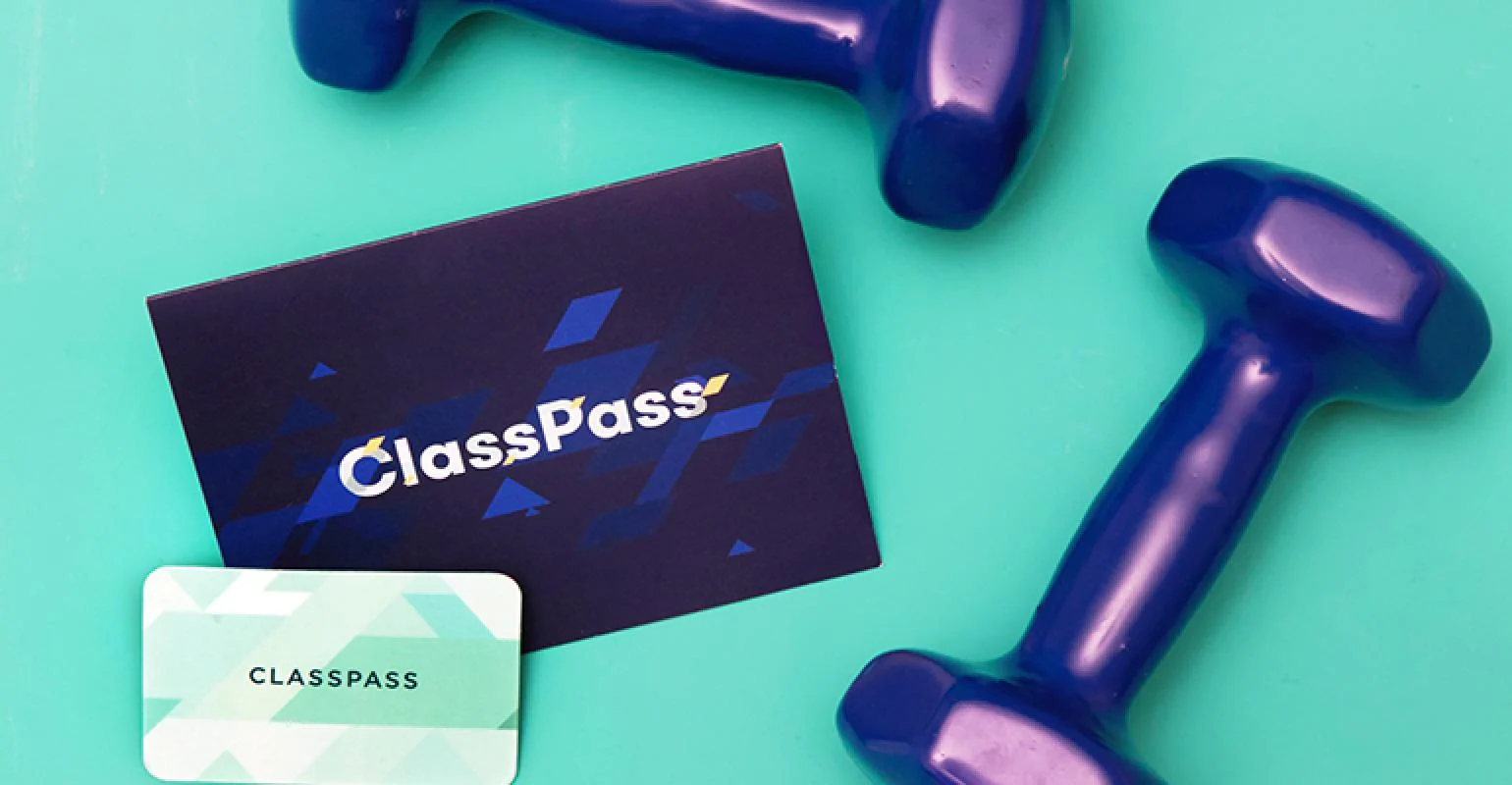
You studied at MIT, and worked at Bain & Company, but decided that a path in corporate America wasn’t for you. What advice would you give others on leaving a job that is really, really good to build a business?
Kadakia:When I took that job at Bain, coming out of a good school, it felt like the right checkmark for me to do. But I felt really stifled by needing to be at work 80 hours a week and not have time for the things I loved. And I was already starting to make hard choices in my third year when I was a consultant. One day, I literally called in sick because I wanted to go try out for“So You Think You Can Dance.”
So I took this half step. I took a job at Warner Music Group. One thing I got from that was a more predictable schedule. That's actually when I decided to start my first company, which is mydance company. I was doing that all by myself and using my own money. I was learning how to put people together. I was solving decisions or solving problems in my head and making decisions and moving forward. And all these things were little signs for me of I was capable enough of doing something in my life that is very much on my own path. I didn't need to follow the regular mold.
I was training in ballet at the time, and I looked up a class and I couldn't find it. I think for me in that moment I saw something really big. It wasn't about a product idea. It wasn't about what ClassPass is, even today. It was a problem. It was this, "Oh, my God, I can't get to class. There are thousands, if not millions, of classes going on in this exact moment. How can I not easily find one?" It was just an obvious problem that existed.
I do believe when you care enough about something, the universe helps you. And I didn't quit right away. It wasn't like, "Okay, I had this idea." It took me still six months after that. I did a ton of market research. I was analyzing other online-to-offline businesses like OpenTable to learn how they work to see how I could do this in the class industry. I was doing customer surveys with my friends.
You encountered two important people in the retail direct to consumer space: Hayley Barna, who co-founded Birchbox, and Jeff Raider, who co-founded Harry's and Warby Parker. What did you learn from them about building a brand?
Kadakia:Birchbox was a company when I was in those early days of ClassPass that really we were studying. Because we were building a female-centric brand, and they were one of the only ones out there.
I went to dinner with Hayley, and it's really hard as an entrepreneur to know if something is really working. She looked at my growth curve, and she was like, "Wait, let me see that again." She gave me some of her staff at her company, and it helped me build so much confidence in knowing that I had hit something big, and that this was the right way to go. Because there's no blueprints in this world. There's no way to know if your growth is something exceptional or if it's just normal.
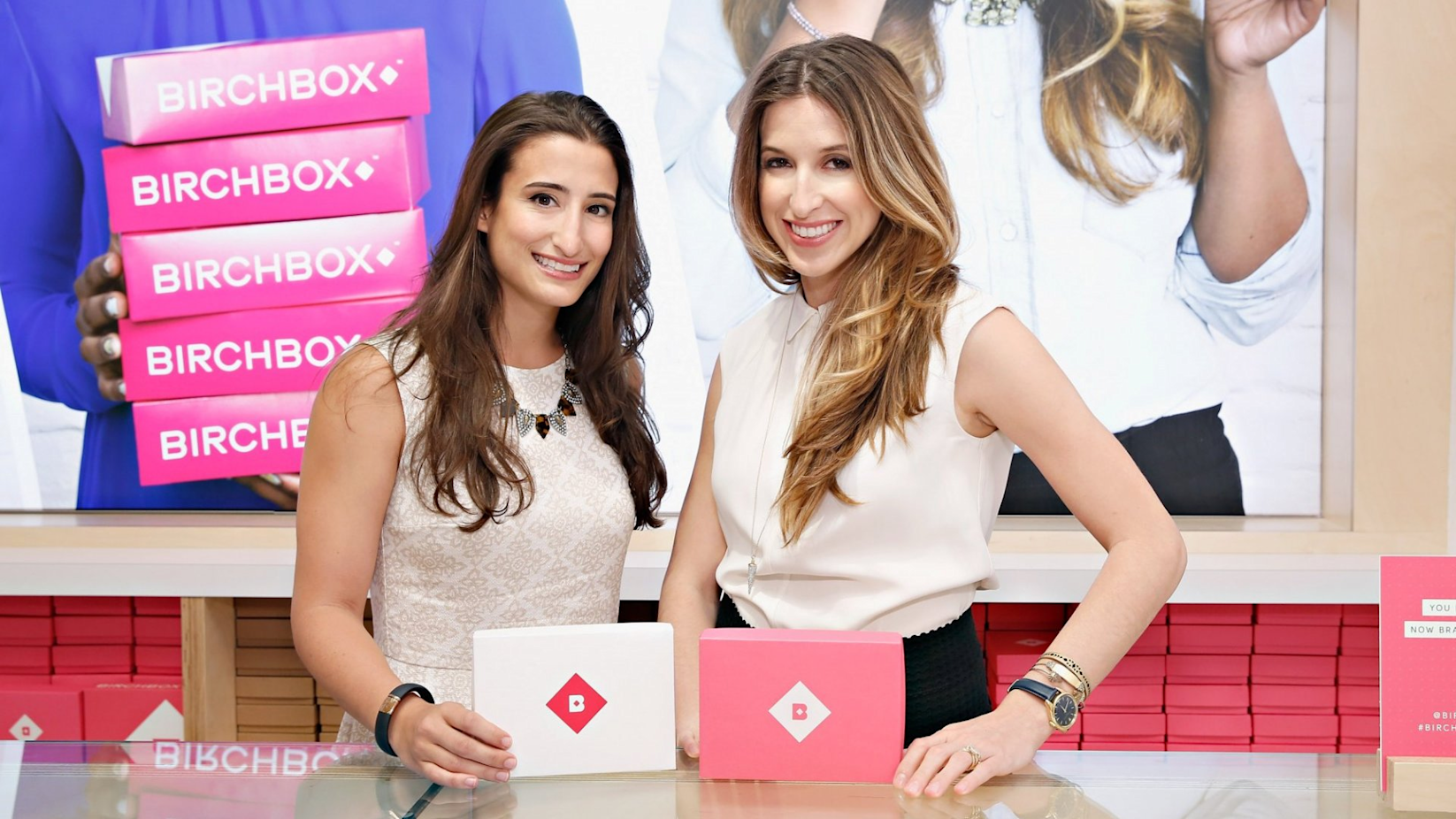
Having the network of people like Hayley, Jeff, and there's actually so many more entrepreneurs that came out of our class in different spheres as well. I think we all were taught this big picture thinking at Bain, and how to think through enormous decisions. But I think what's really unique is that we all kind of did it [directly]. I love hearing about Hayley with Katia [Beauchamp, Birchbox’s co-founder, above right with Barna] making the boxes and sending them out. I love that, because it's so real, and it's so hands on. And that's the heartbeat of entrepreneurs: We know how to kind of do both—the big picture and also get our hands dirty.
ClassPass had a few iterations before it became the company and product offering it is today. What were the most important things you learned about how to hone in on a specific idea so that it’s the best fit when it reaches the market?
Kadakia:I realized I couldn't be obsessed with my product idea. I had to be obsessed with what I really wanted people to do, which was get to class. So until I was getting people to class, I was actually accomplishing nothing. It's great to have a bunch of products and even potentially sell things at a discount. But if you aren't getting people to actually move and pursue their passions, I really wasn't accomplishing anything.
So that was sort of my guiding light. It took me a little bit to get there, to be honest. In the beginning, it's really easy to focus on what other people think is success. I raised capital, and we were getting press and all these other aspects of it, and they almost kept me away from really realizing that there was a problem, and that my product wasn't working. If people weren't booking any classes, it didn't matter how pretty the website was, or how much press we were getting.
What I realized after then was how to really build a minimal viable product. I realized I could build a website where on the front end it did what I needed for the customer to make decisions on classes. But I didn't need to build all the integrations and all the tech for it until I knew the product was working.
By the time we were on the second and third product, we were processing all these reservations manually. We literally had shifts to be like, "Okay, I'll sleep at 2:00 a.m. And then I'll wake up at 4:00 a.m and make reservations to make sure in case someone canceled for the morning classes." We were working around the clock to make this happen.
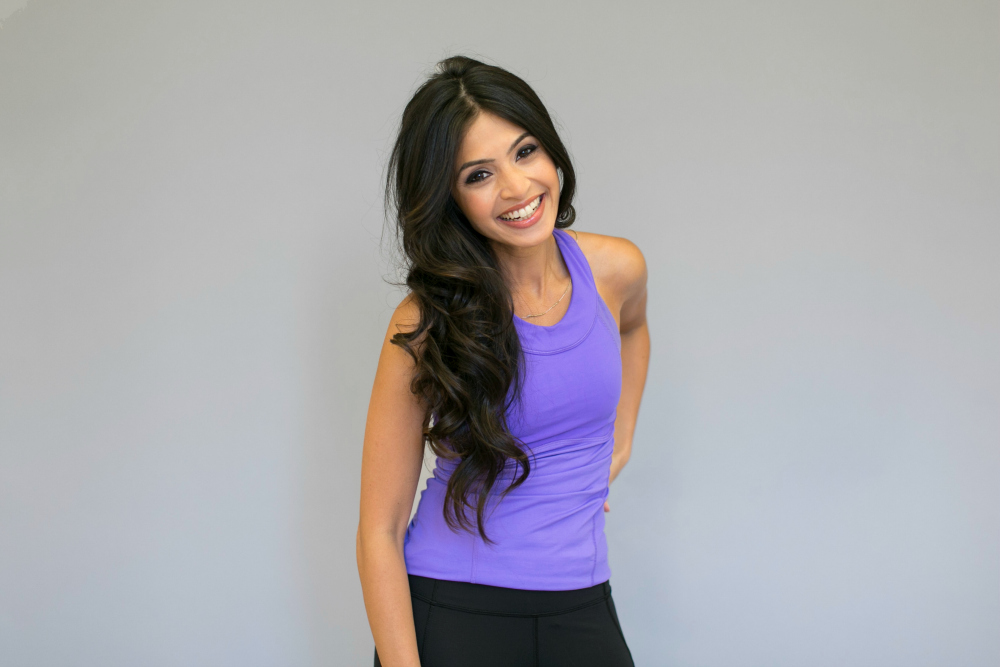
But that was when I felt the most connected to the mission, because people were actually going to class. And we learned so much in that time. It was just really important for us to keep iterating and keep pivoting until we got it right, and not sort of get stuck in being able to say, "Oh, we built it and we raised money. Great, we have a site that's up. Let's get comfortable and stay here." And I think that's still at the core of the company even 10 years later.
For better and worse, ClassPass has been placed beside other companies that are tech solutions to common problems. In your mind, where do comparisons begin and end between ClassPass and tech companies like Uber and Airbnb?
Kadakia:What's really interesting is, both or all three of those companies have done things that if you thought 10 years ago, like, "Would I ever do that?" You wouldn't have. The most iconic companies of our times are ones that when you are like, "I would have never gotten into the car with somebody else." Like, “Oh my God, I would have never slept in someone else's bed!”
I love when people are like, "I can't believe I went to a pole dancing class last week." Or, "I tried ballet for the first time." Or, "Oh, my God, I went to boxing. I would have never thought I would have loved that." And it transformed their lives. To me, I think there are many more ideas like that. It's those ideas that change the world and change human behavior. All of those companies have been able to do that, and a lot of it came from our own personal pain points.
What changed in your life professionally when you stepped down as ClassPass CEO in 2017?
Kadakia:I have a lot less meetings, thank God! (laughs) It's really interesting how when you start a company, you're really able to just focus on solving the problem, and you're in it. Your team grows. At this point, we have hundreds of employees. You get to a point where your day is all about management, and making sure the machine keeps running. For someone like me, who I think has always been a little creative, I actually remember feeling like I was back at that situation at Bain, where I'm like, "Wait, I don't want to be feeling like I have a job and I need to do all this because I have to." I'm such a creative thinker. I wanted to make sure I never put that sense of a box on me of, "This is what your day needs to look like."
When there was more attention being put on ClassPass, it changed fundamentally who I had to really be for the company—externally, internally. A lot of that ended up feeling really defined in a box for me. On the other side of that, I've been able to just go back to, once again, connecting back to the vision, the mission. Pushing the fact that we have to get into other experiences.
At the end of the day, I'm less in the day to day [now]. I get to spend my time really on the big picture, thoughtful things that I know the company needs to do, like moving into other categories or expanding into different product opportunities that we need to. To me, that is how my brain is always going to work best.
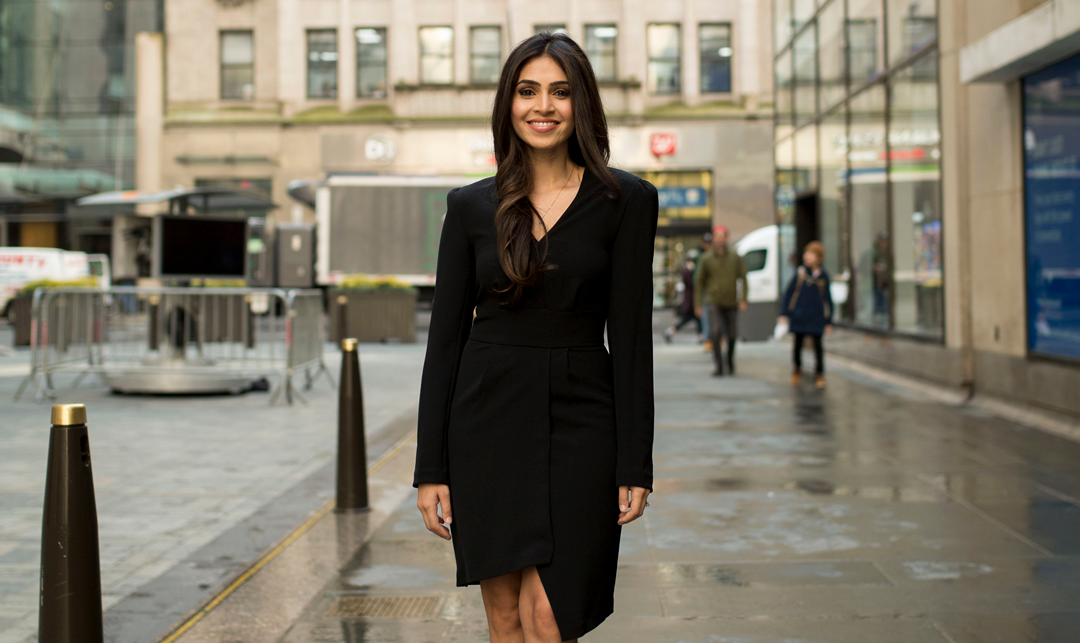
ClassPass was the first unicorn company of the 2020s when it reached a 10-figure valuation. What changed about ClassPass when you became a unicorn?
Kadakia:Internally, for the company, nothing really changed. I mean, it was a great moment to celebrate. It was a great time and we were so happy that we reached it. But let's be honest: It's a day. It's a moment. And we still have to do our jobs. Getting people to class means more to me than any of that.
I think it's about other people seeing it, because there's that saying that you can't be what you can't see. So for any woman out there, especially any Indian girl out there, I feel the pressure sometimes. But I also feel the motivation to make sure that they know that they can do it, too, and they can put their minds to it. And yes, you have to fight a little bit harder, but you can do it. And there are big outcomes. And I want you to think big in that way of what you can accomplish with your startup or your life.
ClassPass is all over the world now. What are some of the unique considerations you learned when it came to growing ClassPass globally?
Kadakia:What was really amazing and magical is our playbook worked when we would go to these new markets. We would send our team, the ones who launched a lot of cities here in the [United] States, out to these countries.
有时他们甚至不讲同一种语言s, but we made it work. It was amazing to see the playbook work. But let me take it a step further. I think what was so amazing is, I remember going to Singapore when we launched it, and I was going to class, and I was meeting people there. I didn't speak the same language as a lot of people in the class around me. But what was so amazing is after class I realized, "You guys feel the same way I feel in the middle of New York City or California."
很有趣的一件事是we did have to change the supply based on the markets we were in. We consider ClassPass more of a lifestyle brand than we do a fitness brand. And we needed to figure out how that lifestyle would fit for the people and the places we were launching it. And a lot of that meant what inventory belongs there. So that was always a really fun hunt for the people who were launching the cities to understand [that] we couldn't just plug and chug what worked in New York in any place.
